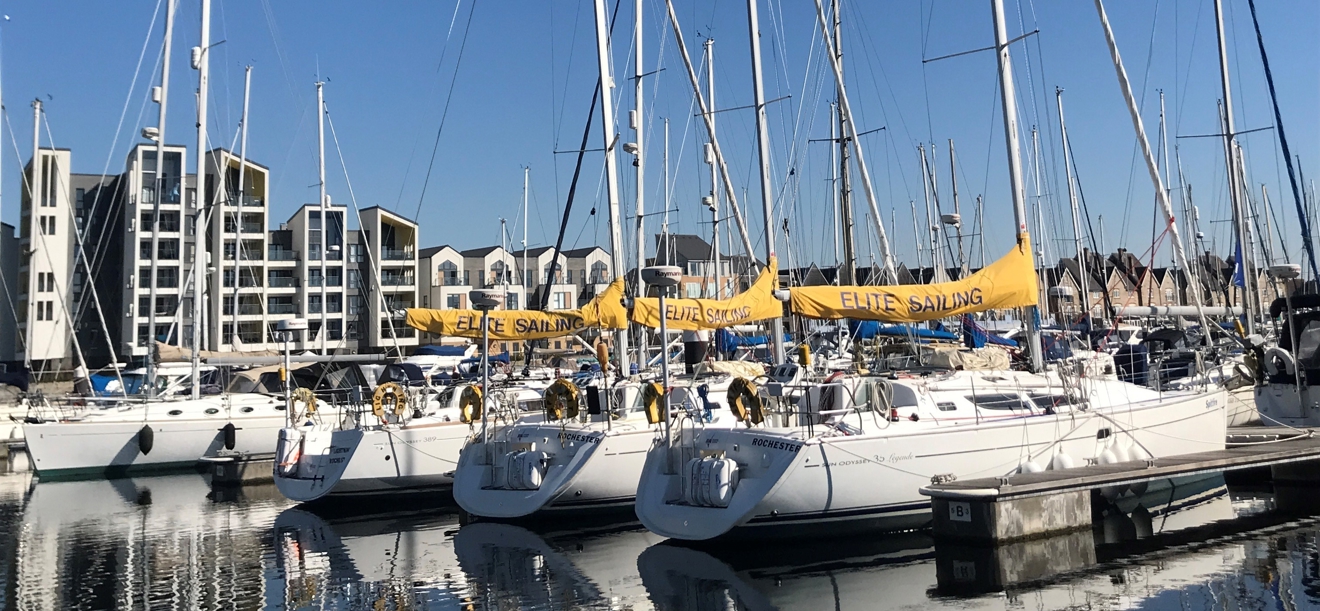Considerations when buying a boat
Protect your new or used boat purchase with the right insurance criteria, surveys, and cover for your peace of mind
Buying a new or used boat can be an exciting process, but also one that can be daunting for first-time buyers. For seasoned pros, it’s not always smooth sailing, but knowing what criteria, certificates or surveys are required, and the level of cover you need from an insurance policy will help give clarity to the process.
Whether you’ve already started the journey to purchase a new boat, be it a custom build or pre-owned vessel, you’ll want to make sure your boat, personal belongings and any liabilities are properly protected in the event of an accident.
Once you’ve decided the type of boat you’re after, whether it’s for leisurely local cruising, racing or longer trips to foreign shores, budget will be your next consideration. After you’ve chosen your new vessel, it’s important to conduct a survey, depending on the history and age of the boat. The survey will reveal the condition of the boat and will be an important document for your insurer. Finally, on to insurance.

Do I need boat insurance?
Whilst it’s not a legal requirement to have boat insurance in the UK, like your home or your car, anything you invest time and potentially thousands of pounds in, is sensible to protect.
Depending on your circumstances, if you choose marine finance or a marine mortgage to fund your boat purchase, you’ll need evidence of insurance as part of your application. If your new boat is going to be used for racing or chartering, insurance is likely to be a requirement. But even if you're only using your boat for personal pleasure, many marinas, harbours and lakes, along with the inland waterways, also require insurance as part of their usage agreements - turning insurance from a ‘nice-to-have’ to a necessity in many instances.
As well as protecting your financial investment against damage or theft, having adequate boat insurance can also help protect against third party liability claims for injury or damage, caused by you or your boat. Consider the financial impact if your boat sank, was significantly damaged or involved in a public liability claim, when making your decision about boat insurance.
What does boat insurance cover?
Depending on who you choose to insure your boat with, cover can vary, but common policy features include:
- Accidental damage cover, including fire and theft
- Damage cover for boat transit or during lift and launch
- Third party indemnity cover
- Personal accident cover
- Loss or damage whilst in transit by road
- Legal costs in settling or defending a claim
Whether you choose to buy your boat insurance online or over the phone, it’s important to check the policy detail, so you’re fully aware of what is and isn’t covered. For example, a standard boat insurance policy doesn’t normally include cover for:
- Damage caused by wear and tear or corrosion
- Damage to machinery following breakdown
- Deliberate acts of negligence or recklessness
- Mast, spars, and sails whilst racing (unless you have a racing risks extension in your policy)
Find out more about common yacht and motorboat insurance claims and what to look out for in your policy.

How much is boat insurance?
The cost of boat insurance, much like home or motor can vary depending on; the type, value and size of vessel, where it’s kept and what you’re using it for, whether it’s for business, pleasure or racing.
Boat insurance tips
To help navigate the world of boat insurance, so you can find the right cover for you and enjoy peace of mind when out on the water, here are some helpful tips and advice:
- Make sure you understand what is covered, and more importantly what is not covered by the insurance policy, along with what your excess is. Whilst premium is important, make sure the policy covers what you need it to.
- Cover for racing and overseas use doesn’t always come as standard, if you require these features, ensure they’re covered by your policy.
- If you’re considering adding your boat to your home insurance policy check that it covers your needs, as some policies don’t cover marine-specific risks, such as salvage work.
- If you have an agreed value policy, firstly ensure it is accurate. Review your boat’s value from time to time and update your insurer with any significant changes so you’re not over or underinsured.
- Ask if a marina berth will lower your premium – due to the improved shelter and security this can sometimes reduce your insurance cost.
- After you’ve purchased your policy, keep your insurer up-to-date with any changes to use, mooring location or the purchase of new equipment to ensure you’re adequately covered.
- If your boat is being transported or refitted, consider insurance before it’s delivered, so you’re protected for any accidents along the way.
RYA members save with Bishop Skinner Marine
RYA partner, Bishop Skinner Marine has over 40 years of experience in delivering expert advice and innovative solutions to customers. Covering ocean going motor yachts through to the smallest dinghies. Their team of experts will take the time to understand your insurance needs and deliver a policy tailored to you. As an RYA member you can also benefit from exclusive savings on insurance policies.
Article provided by Bishop Skinner Marine the RYA’s Official Member Insurance Partner.
